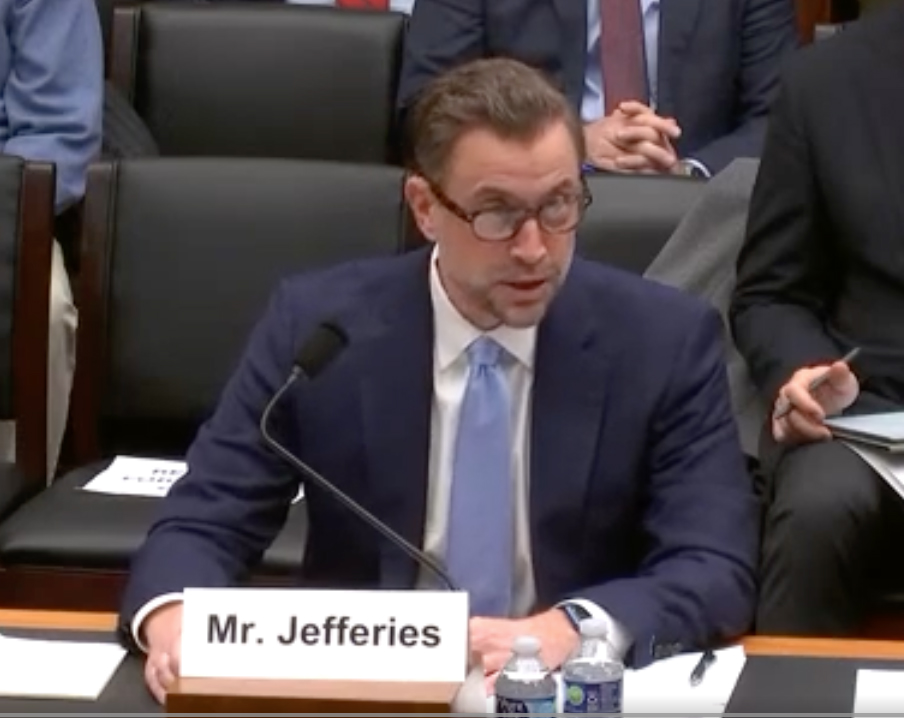
WASHINGTON — Widespread support for a federal grade-crossing safety program emerged during a lengthy House subcommittee hearing, a session which also saw representatives of the railroad industry and rail labor lay down markers for their priorities in the upcoming surface transportation reauthorization bill.
The two-hour, 45-minute session today (Jan. 23) of the Transportation and Infrastructure Committee’s Subcommittee on Railroads, Pipelines, and Hazardous Materials was billed as “examining America’s Freight and Passenger Rail Network.” It was overwhelmingly focused on freight issues, addressing topics ranging from cargo theft to blocked crossings.
Association of American Railroads CEO Ian Jefferies, American Short Line and Regional Railroad Association President Chuck Baker, and Joe Daloisio, chairman of the National Railroad Construction and Maintenance Association, all called for continuation of existing grant programs they considered to be highly successful. Those include the Consolidated Rail Infrastructure and Safety Improvements (CRISI) program and the Railroad Crossing Elimination grant program. The latter program, at least, also received backing from House members of both parties.
“I will most assuredly be advocating for that program,” said Rep. Troy Nehls, R-Texas, “and another one to modernize the tank [car] fleet with 21st century telematics.”
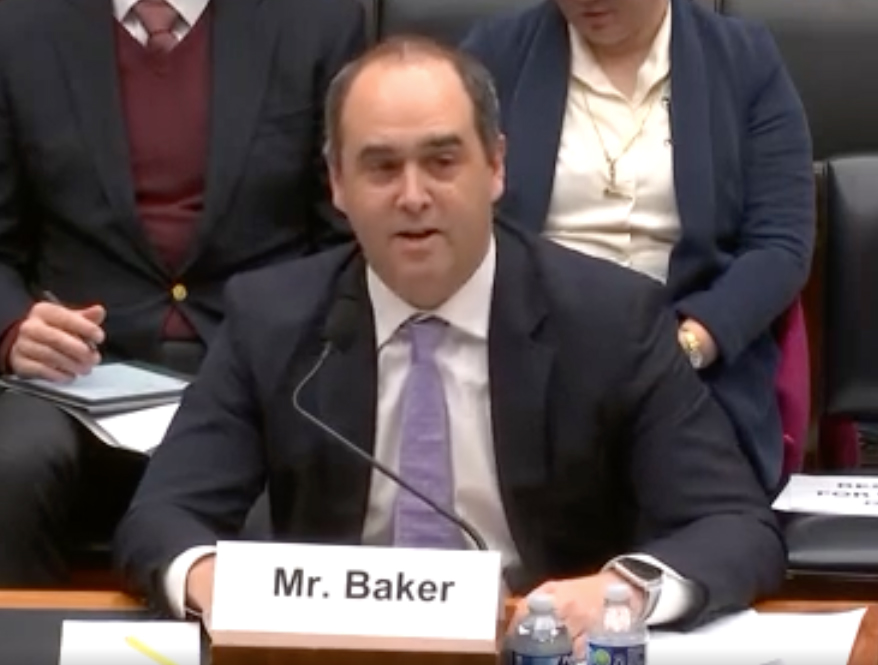
CRISI is the ASLRRA’s top priority, Baker said. “It’s the only federal program short lines are directly eligible for, and it’s been transformational: 240 CRISI grants have been awarded. These bridge rehabilitations, tie change-outs, and rail replacement projects that simply would not have been possible without CRISI.”
All three men also called for streamlining both the permitting process for construction projects and the disbursement of grant funds.
The Infrastructure Investment and Jobs Act of 2021 provided critical funding for rail projects, Daloisio noted. “However, the speed at which grant agreements have been executed is too slow,” he said. “We encourage Congress and the new administration to deliver grant funding in a responsible but more expedient manner.”
Baker said that between the time a CRISI grant is announced and when the funds arrive, railroads will seek permission to begin spending their own money to prepare for the project, be it for materials, engineering, or other aspects. “It is very difficult to get authority for pre-award approval from the FRA,” he said. “For the life of me, I cannot figure out why that is anything other than an easy yes.”
Jefferies also said the next reauthorization should address the Highway Trust Fund, citing a report that said that fund will face insolvency by 2028 without legislative action, and a $280 billion deficit by 2034. Trucks “have gotten or are on pace to get over $300 billion in public subsidies for the infrastructure they operate over.”
The solution, he said, is a called for a vehicle-miles-traveled tax with a weight component. “It’s eminently doable right now, and it’s the most equitable way to do it,” he said.
Rail labor’s representative among the witnesses, Jared Cassity, SMART-TD alternate national safety and legislative director, raised questions regarding train lengths, crew size, and crew training.
“The railroads are required to develop [training] programs and submit those programs to the FRA,” he said. “But there is so much freedom in the programs and the way that they’re approved, that they’re able to slash timelines without any oversight whatsoever. … In some cases, you see people in six weeks from hire to working as a conductor. There is not an incident that we have had an opportunity to investigate with the [National Transportation Safety Board] where training did not have a role.”
Cassity was also one of the few people to address passenger rail issues, calling for adequate funding for Amtrak, saying workers and riders need support from assailants, and voicing support for high-speed rail. One other notable passenger reference came from subcommittee chair Daniel Webster, R-Fla., who said in his opening remarks that Amtrak must “look at improving and maintaining its existing network, weaning it off government support, and providing competitive, reliable, and safe service to attract riders.”
The middle part of that statement drew a pointed response from Rep. Seth Moulton, D-Mass.
“You talked about decreasing dependence on government funding for railroads,” Moulton said. “It’s interesting that you don’t talk about decreasing dependence on government funding for highways or airlines. We’ve subsidized highways and airlines to the tune of hundreds of billions of dollars over the decades. It’s interesting that the freight railroads are asked to compete against this heavily subsidized alternative. Freight railroads are really the only transportation system in America that funds its own infrastructure through the private sector.”
Which is why why Jefferies urged that the transportation reauthorization bill not allow for increased truck weights, in addition to addressing the Highway Trust Fund.
“Our trucking partners operate over infrastructure which most estimates say they pay max 60% to cover the cost of the infrastructure damage,” Jefferies said. “Increasing truck weights would only exacerbate infrastructure damage, exacerbate congestion, increase emissions. …
“From my perspective, we’re just looking for a level playing field. We pay for our infrastructure, we expect our competitors to pay for their infrastructure, and then let the chips fall where they may.”
A recording of the full hearing and the written version of Webster’s opening remarks are available here; written statements from the four witnesses are here.






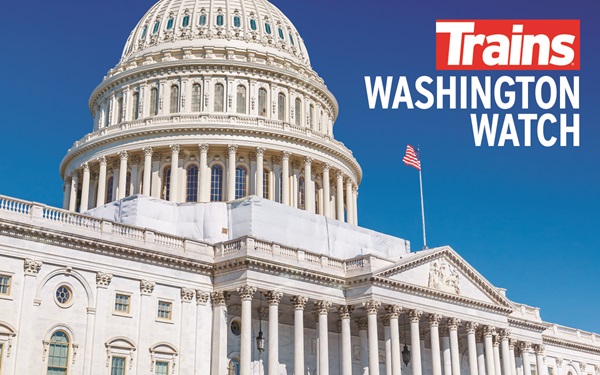
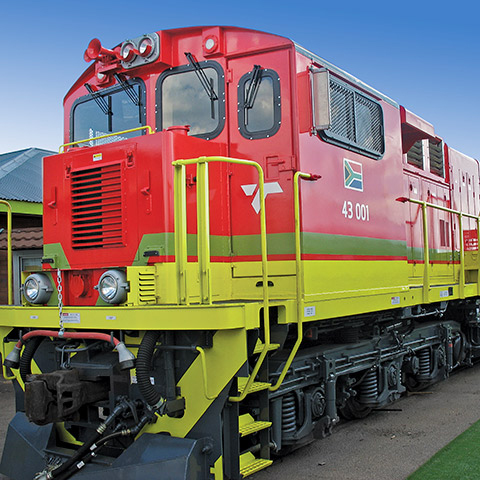
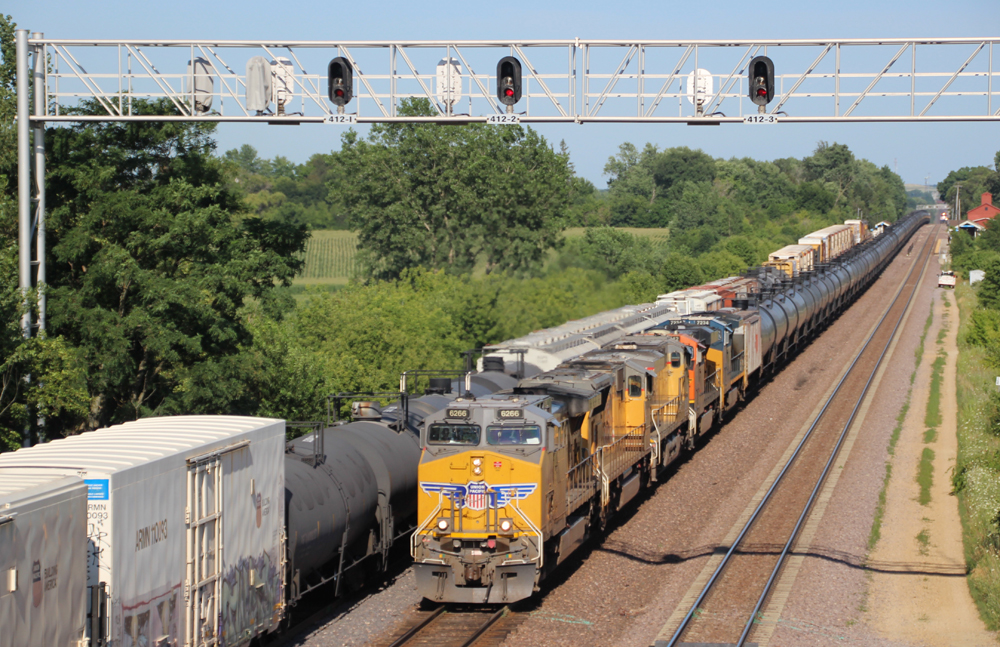
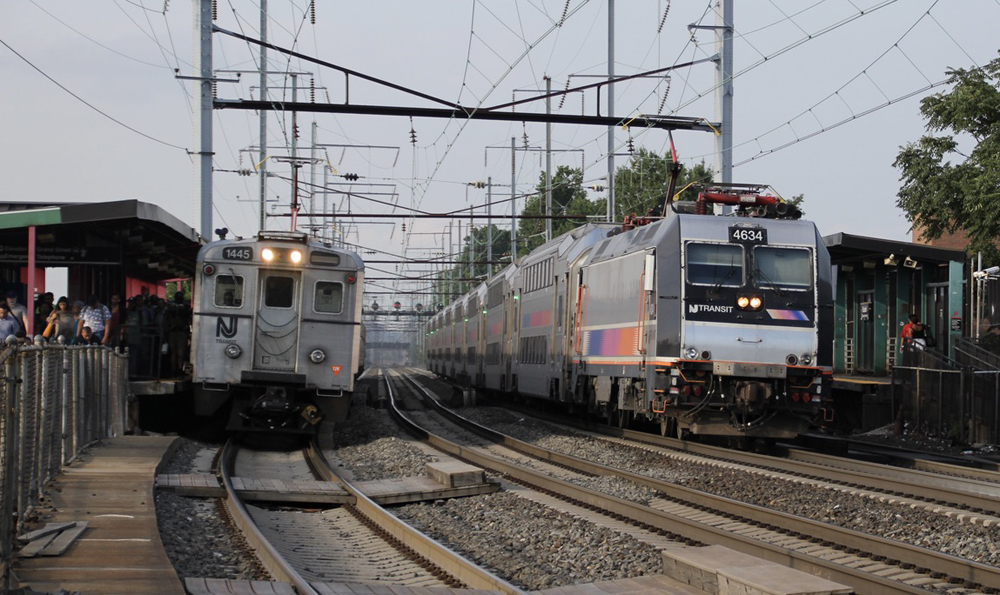




Seth is right (as he is almost half the time, way above par for a Democrat). Transportation is tax subsidized, whether passenger rail, or air, or road. Don’t criticize tax money for one mode unless you criticize all of them
Problem is this, Seth: Passenger rail is subsidized out of so many different federal and state and local programs and appropriations and set-asides that only God knows the total.
I think it was last week that we learned that the Gulf Coast trains and the Boring Alice each have received an operating subsidy — these on top of Amtrak’s annual operating subsidy and on top of the various tax subsidies for capital improvements on the r/w and tax subsidies for the stations..